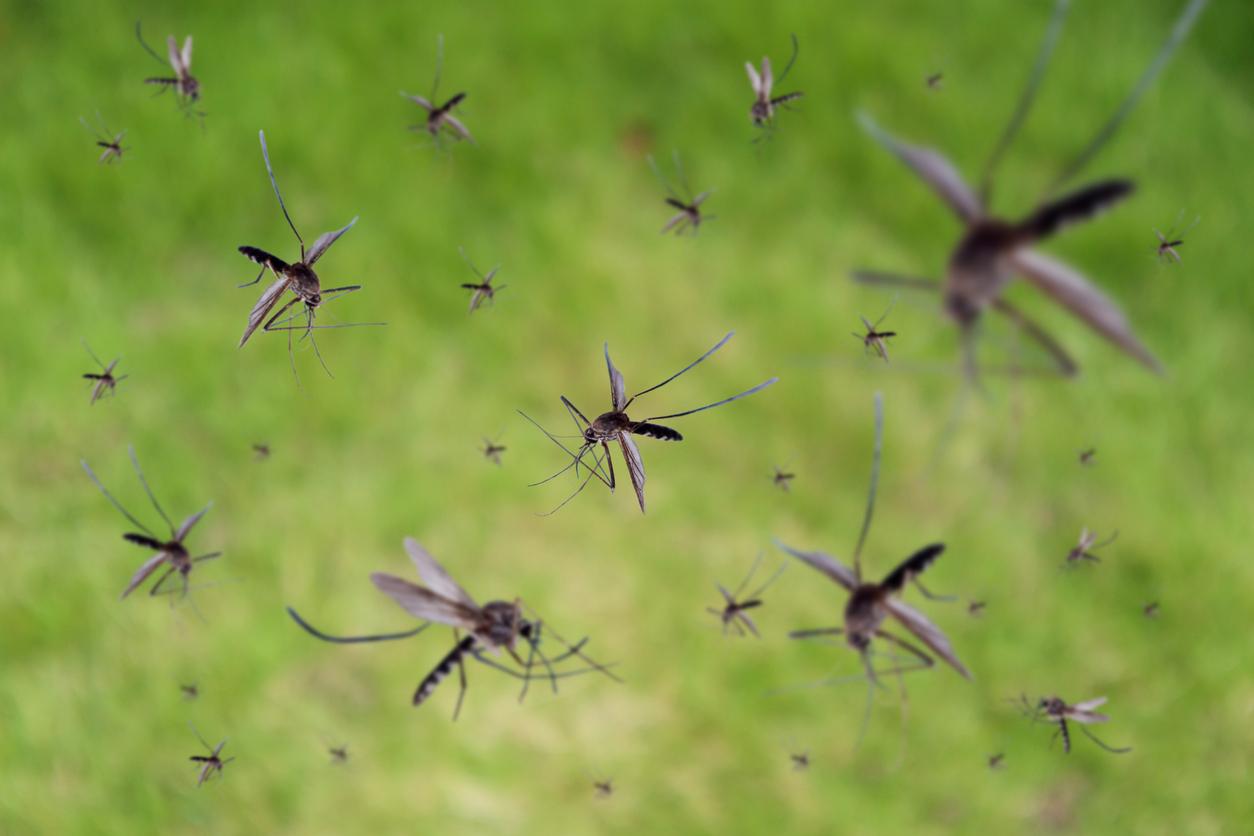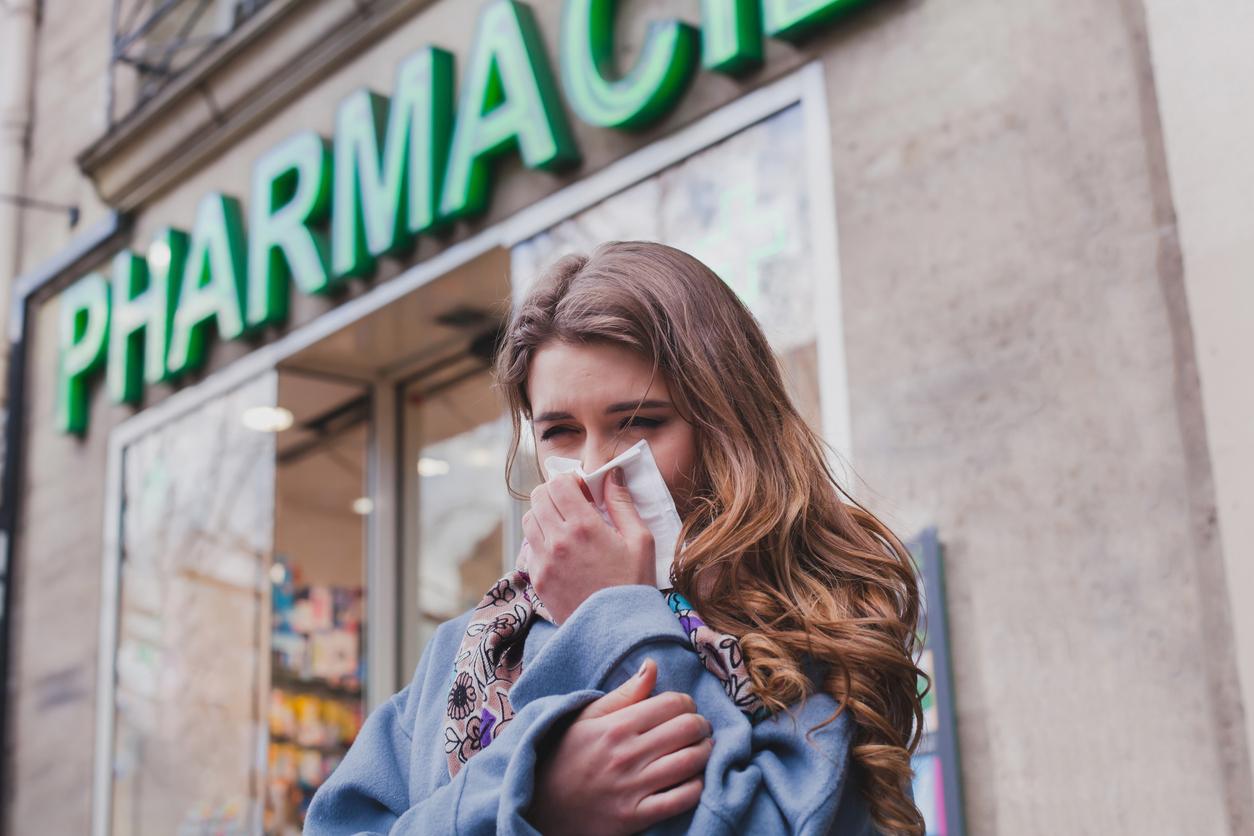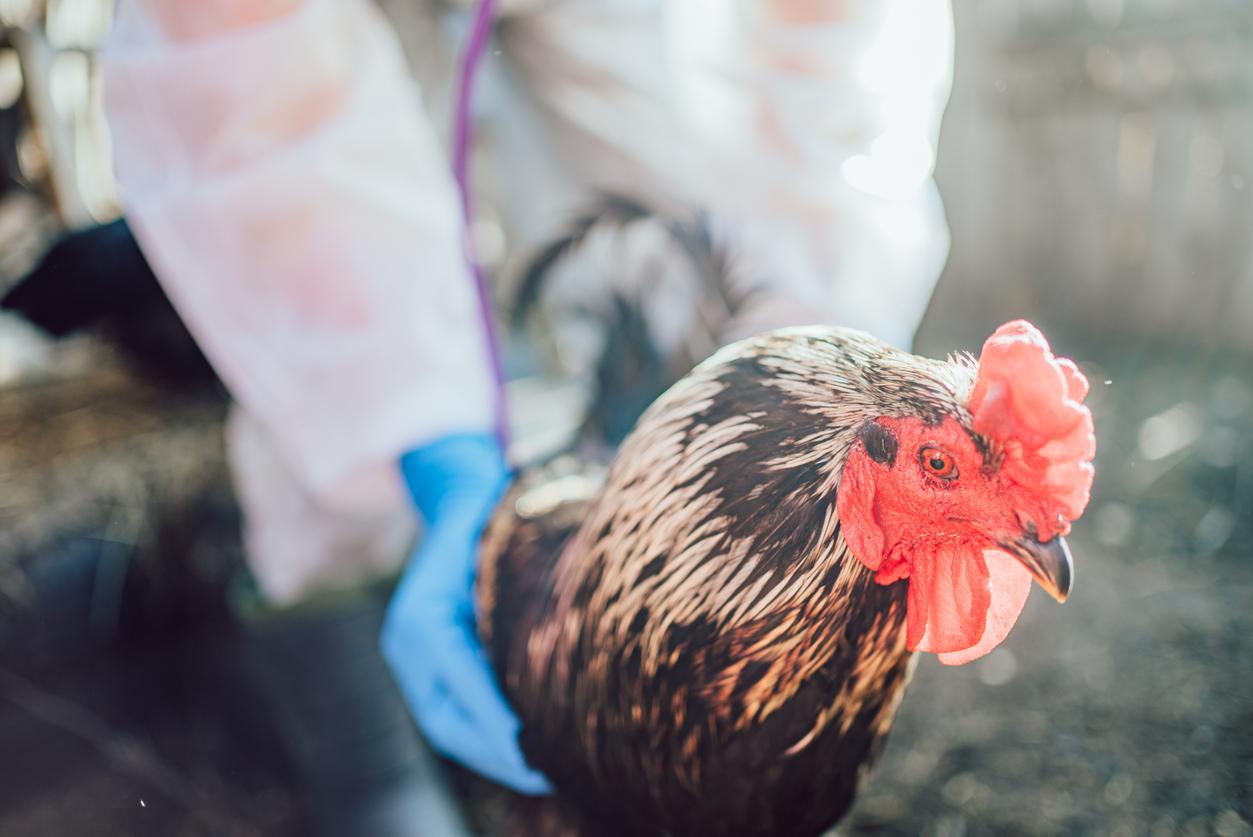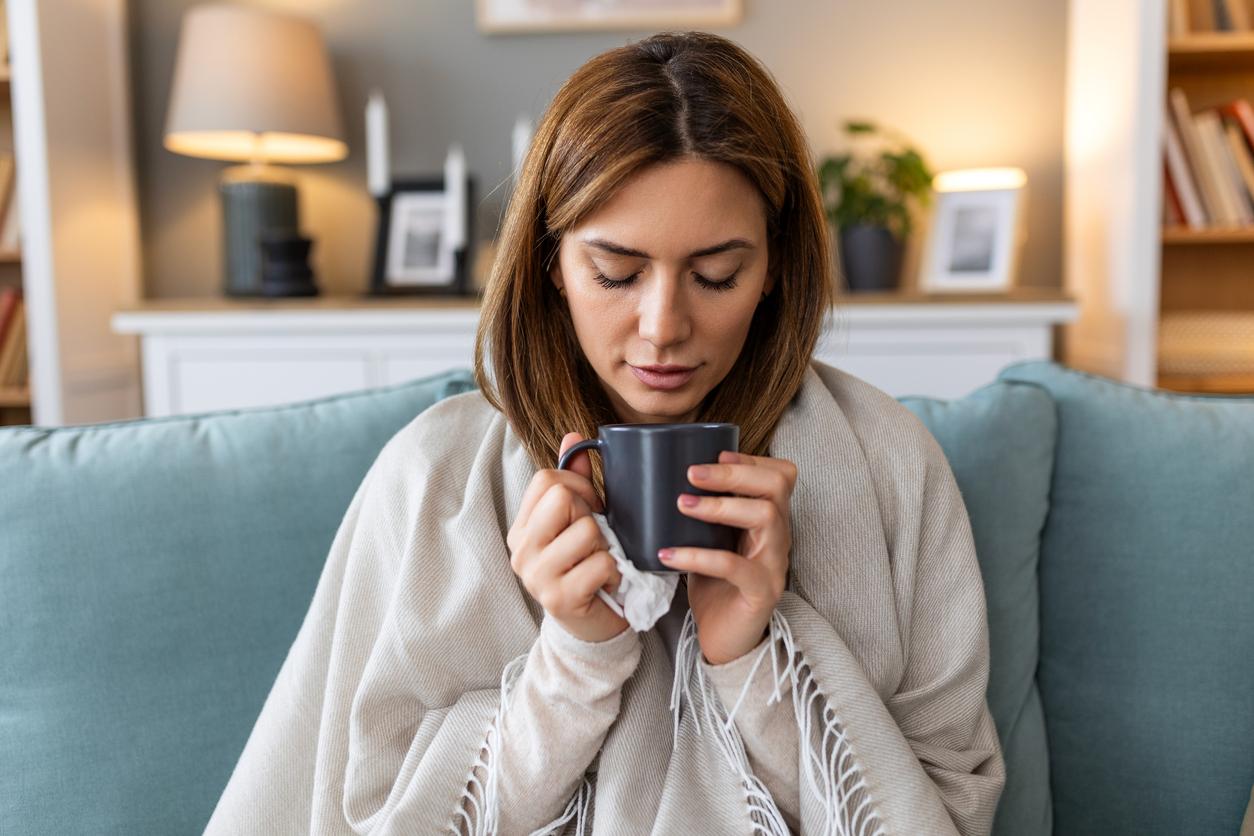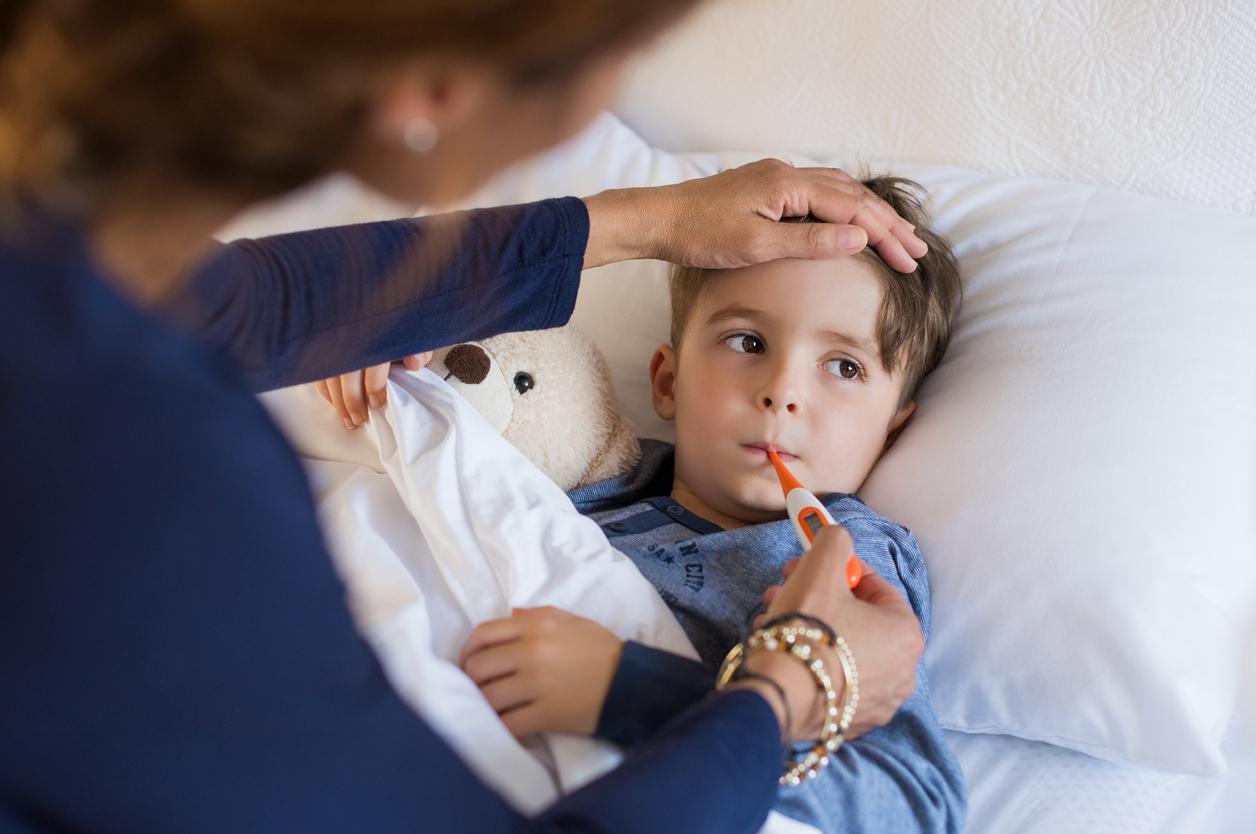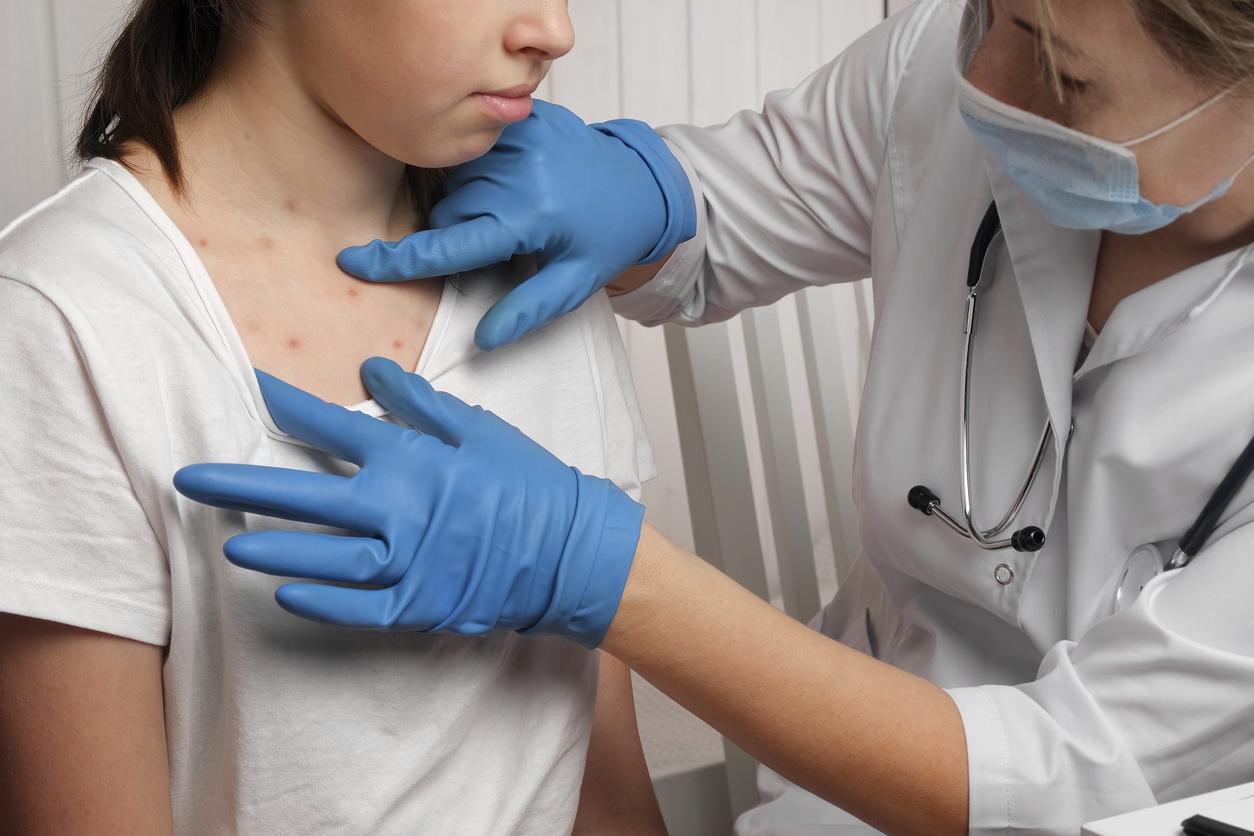Bangladesh is facing the country’s worst outbreak of dengue fever, a mosquito-borne disease.
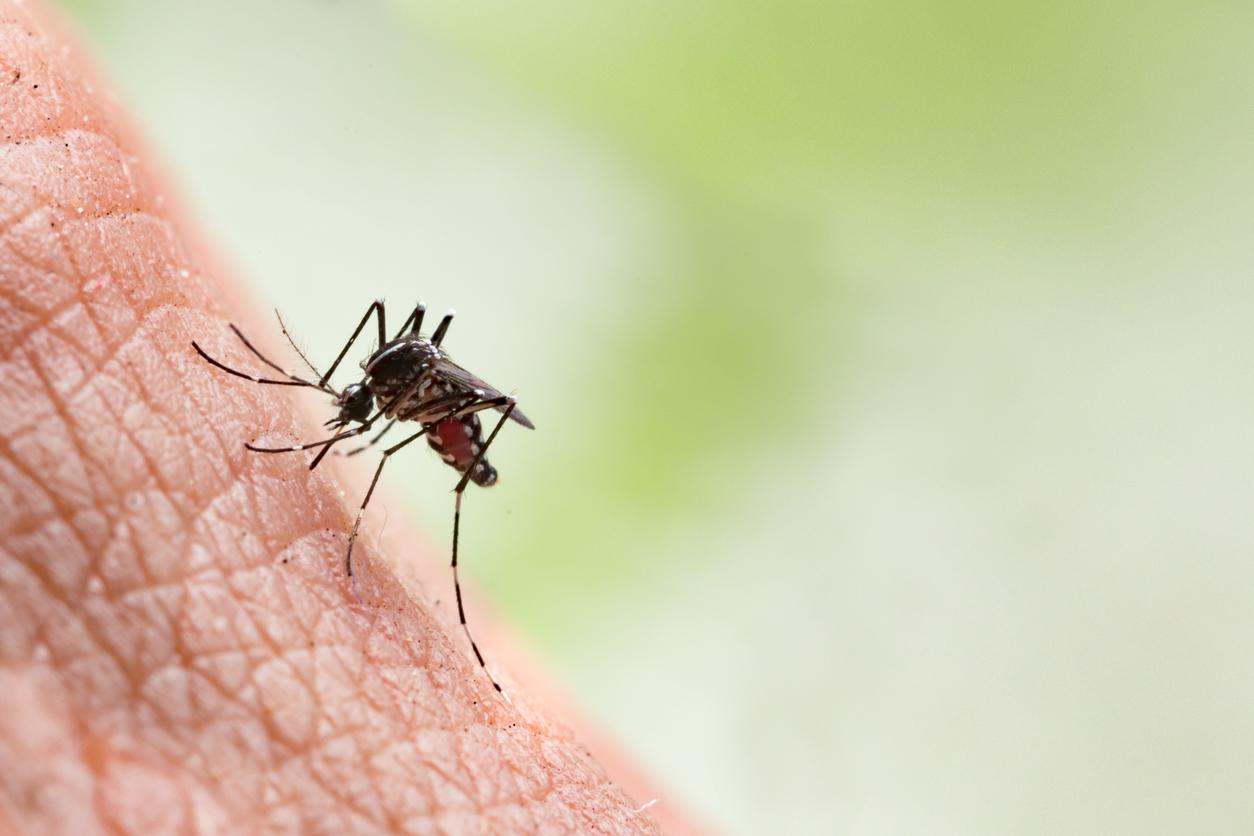
- Dengue is a tropical disease transmitted by a mosquito.
- Bangladesh is facing the worst epidemic in its history: more than 1,000 people have died from dengue.
- This increase in cases and deaths is believed to be linked to meteorological factors favorable to the development of the disease.
Bangladesh is facing the worst dengue epidemic in its history. In this country, located in eastern India, more than 1,000 people have died from the disease this year. According to the latest figures published by the national health services, more than 200,000 cases were confirmed as of October 1, 1,006 people had died from the disease, including 112 children under 15 years old.
Bangladesh: the most serious dengue epidemic ever recorded in the country
To AFP, the country’s former director of health services, Be-Nazir Ahmed, speaks of a “large-scale health event, both in Bangladesh and around the world”. The number of deaths this year has already exceeded the total number of deaths recorded since the first epidemic hit the country in 2000.
For specialists, the violence of this epidemic could be linked to climatic conditions. In Bangladesh, the year 2023 was marked by erratic and heavy rainfall as well as higher temperatures during the monsoon. These two factors create ideal conditions for mosquito reproduction, but they are the vectors of the disease. As stated in thePastor Institutedengue fever, also called tropical flu, is caused by a virus transmitted by mosquitoes Aedes. “Since 2010, dengue cases appear to coincide with the rainy season from May to September and with higher temperaturesdevelops the World Health Organization in a communicated. Bangladesh’s climatic conditions increasingly favor the transmission of dengue and other vector-borne diseases, including malaria and chikungunya, due to excessive rainfall, waterlogging, flooding, rising temperatures and unusual changes in the country’s traditional seasons.”
Dengue fever: how to protect yourself from the disease?
Historically, dengue mainly affected countries in Southeast Asia, but the disease has spread in recent years. Indigenous cases have been recorded in the south of France. Currently, there is no specific treatment to combat the tropical disease. “Only one vaccine is marketed: Dengvaxia developed by Sanofi is a live attenuated, chimeric recombinant vaccine based on the 17D yellow fever vaccine which protects against serotypes 1, 2, 3 and 4 in subjects aged 9 to 45 years with a history of ‘infected with dengue virus and living in endemic areas’, specifies the Pasteur Institute. Other means of protection consist of fighting against the proliferation of mosquitoes and protecting yourself individually from their bites. To do this, wear light, long and loose clothing and use mosquito nets. It is not recommended to use repellents regularly, except in countries where mosquito-related diseases are highly prevalent. In France, mosquito control operations have already been carried out in areas affected by indigenous cases.










